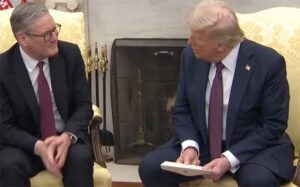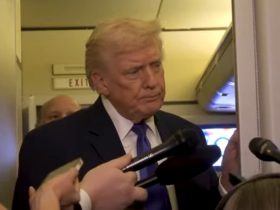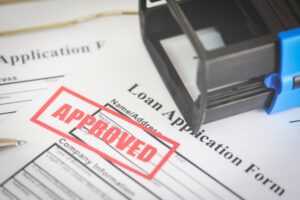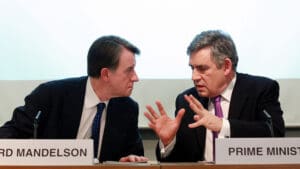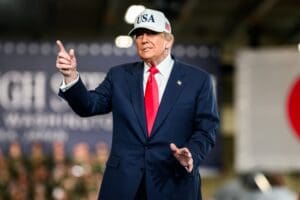Keir Starmer is under growing pressure from senior UK and EU figures to take a tougher stance against Donald Trump, as fears escalate that the US president is preparing to impose sweeping tariffs on British exports — a move that could spark a global trade war and severely damage the UK economy.
British officials in London and Washington are racing to persuade the White House to soften its approach ahead of what Trump is calling “liberation day” this Wednesday. The US has already announced 25 per cent duties on imported cars, steel and aluminium, and is now threatening further retaliatory tariffs on countries — including the UK — that impose VAT on American exports.
The Office for Budget Responsibility warned last week that a 20 per cent rise in tariffs between the US and other trading nations could reduce UK GDP by 1 per cent and wipe out the £9.9 billion fiscal headroom restored by Chancellor Rachel Reeves in her spring statement.
While Starmer has so far remained cautious — reportedly waiting to gauge the full scale of US measures before deciding how to respond — calls are growing for a more assertive approach. Government sources say the Labour leader is prepared to “act in the national interest” if the UK is hit hard, but also signalled that he may avoid immediate retaliation to preserve hopes of a future UK-US trade deal.
Critics, however, say that strategy risks projecting weakness. Former UK ambassador to Washington Lord Kim Darroch warned that failing to push back decisively could embolden Trump to use tariffs repeatedly as a political lever. He urged Starmer to follow the lead of Canadian Prime Minister Mark Carney, who took a public stand against US tariffs and has seen his approval ratings surge.
“Tariffs are [Trump’s] all-purpose forcing mechanism,” Darroch said. “If he sees them working, he’ll use them again and again. The UK must be cautious about giving him easy wins.”
Carney’s robust response — including a warning that Canada would retaliate with tariffs of its own — appears to have led to a softening in tone, with both leaders describing a Friday phone call as “very constructive”.
João Vale de Almeida, former EU ambassador to both the UK and the US, said Starmer should at minimum “condemn the tariffs” and denounce their use as a coercive diplomatic tool. “They are bad for everyone,” he said.
Despite Trump’s broader trade agenda, some analysts believe the UK may escape the harshest measures, with the former president reportedly seeing the EU as a more hostile trading partner. Still, the UK’s key industries — including automotive and steel — remain vulnerable.
The public mood appears grim. A new Business Matters Trends Research poll found that just 11 per cent of UK voters expect the economy to improve over the next 12 months, with 61 per cent saying it will get worse. Only 15 per cent think the UK economy is performing better than the US’s, and just 9 per cent think it is outperforming China.
Starmer’s balancing act — between defending UK industries and keeping trade channels open with a volatile US president — could define his first year in office. But with global markets watching closely and British exporters on edge, the window for diplomacy is closing fast.
Read more:
Starmer urged to confront Trump over tariffs as UK braces for trade blow

